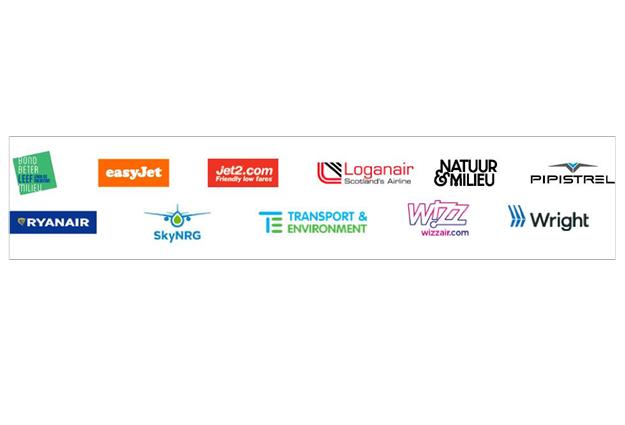- Broad coalition calls on European Commission to ensure that long-haul flights are included in the EU’s SAFs mandate
- Call for obligation of the mandate to be placed on the fuel supplier, to ensure equal treatment
- Support for the development of zero-emission technologies, such as hydrogen or electric propulsion aircraft, must be sustained
- Advanced biofuels must be sustainable, exclude biofuels from dedicated cropland, and achievable mandates for best-in-class fuels, such as synthetic kerosene, must be included
A coalition of airlines, aviation sector companies and European NGOs have expressed their concern over policy proposals to limit the scope of the European Union’s ReFuel EU Aviation initiative to intra-EEA flights. The legislation, to be proposed by the Commission, is expected to oblige the aviation sector to mix a percentage of Sustainable Aviation Fuels (SAFs) into kerosene-based fuel.
In a letter, sent to Vice-President Frans Timmermans and Transport Commissioner Adina Vălean, the coalition point out that long-haul operations are the primary source of the sector’s climate impact. According to recent Eurocontrol figures, just 6% of flights, those over 4000km in length, create half of aviation’s CO2 emissions. Eurocontrol concludes: “Increasing the supply of sustainable aviation fuel to cover just 10% of the needs of long-haul, would do more than can ever be done in short-haul to reduce net CO2 emissions”.* Moreover, extra-EEA flights and long-haul hub operations are already excluded from many European environmental policies such as the Emissions Trading Scheme (ETS).
For short-haul flying, SAFs are only an interim step, similar to offsetting, until zero-emissions technologies, such as hydrogen or electric propulsion aircraft, will be available by the mid to late-2030s. These new, zero-emissions technologies, however, are not available for long-haul aviation in the foreseeable future, therefore SAFs continue to be key for long-haul aviation to mitigate its carbon emissions.
In addition, by potentially raising costs, SAFs could detract from ongoing efforts by technology manufacturers and short-haul carriers to switch to cleaner, zero-emissions solutions. The signatories therefore call on the European Commission to ensure the SAFs mandate does not delay the development of zero-emission propulsion (i.e. hydrogen or electric).
In addition, the European Commission needs to exclude biofuels from dedicated cropland** and ensure that advanced biofuels are sustainable and mandates for best-in-class fuels, such as synthetic kerosene, are included.












